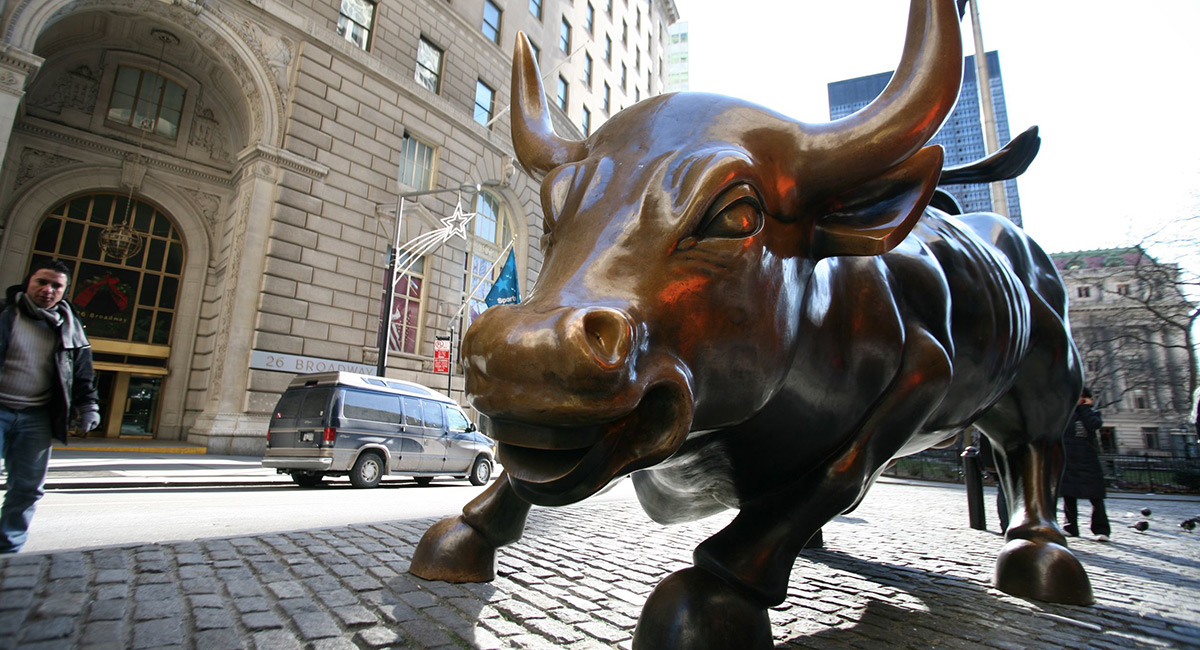President Joe Biden’s American Family Plan seeks to increase the top federal tax rate on long-term capital gains from today’s 23.8% to 39.6%. If you add on the 3.8% net investment income tax plus the average state tax, the top rate will climb to 48.4%. According to the Tax Foundation, in some states the tax burden will be much higher: 56.7% in California, 54.3% in New York and 54.2% in New Jersey.
These high tax rates will probably generate less revenue for government than what we have today and in the process do a great deal of economic harm. Meanwhile, a good case can be made for abolishing capital gains taxes entirely.
Capital gains income is different. Like every other country in the world, the United States mainly taxes income as it is realized. Corporations pay taxes on their actual profits, not what their profits are likely to be in future years. Taxes are paid on a building’s actual rental income, not on its expected future rents. The same principle applies to human capital. Lawyers’ actual earnings are taxed. Law students’ earning potential at graduation is not. Capital-gains taxation is an exception to this rule.
Share prices rise and fall (generating gains and losses) based on changes in expected future profits. The selling price of a building rises and falls based on changes in expected future rents. But these changes in expectations are not changes in actual production or consumption. The national income and product accounts for the United States do not include line items called “capital gains.” Capital gains are not part of our gross domestic product. Nor are they included in the GDP of any country. And they shouldn’t be.
Capital losses are different, too. Sound economics and common sense indicate that any discussion of capital losses should mirror that of capital gains. If people are taxed on their gains, they should be able to deduct their losses. But as all investors know, deductions for losses (net of gains) are limited to $3,000. The government’s position is: Heads they win, tails you lose.
If capital losses were fully deductible, most tax specialists believe the government would collect very little net revenue. That’s because investors usually have a great deal of discretion about when they buy or sell assets. This gives them the opportunity to time their losses and gains so that they offset each other.
The tax treatment of capital gains is similar to the tax treatment of gambling. Suppose you and I bet $100 on a sporting event and I win. Our bet is not part of the country’s GDP. My winnings do not add to the economist’s calculation of national income. Your loss does not take away from national income. Yet the IRS requires me to report my win as taxable and denies you the right to deduct your loss. Nationwide, gambling is big business. But if we ignore the overhead costs of casinos and the like, the total gains in any given year are cancelled by the total losses. As in the case of capital gains, if we treated gambling winners and losers symmetrically, there would be nothing left to tax.
Untaxed capital gains would not provide a way to escape taxes altogether. At least not in a rational tax regime. If the goal is to tax all income, all we have to do is collect taxes when all the income is realized. Nothing else is needed.
Suppose the federal government imposes a 40 percent income tax on all interest payments, all dividends and all retained earnings for every business. Then all business income will eventually get taxed and all recipients of income will be taxed. Investors who own shares and sell them before any income is earned will be just as burdened as anyone else. Because the tax causes all future business income (after tax) to be 40 percent lower than otherwise, all shares of stock will be worth 40 percent less. In this sense, owners of stock will “pay” taxes at ordinary income tax rates, even if they don’t write checks to the IRS.
Capital gains taxes damage to the economy. All taxes burden the economy, but the capital gains tax creates harm totally out of proportion to the revenue it collects. Although capital gains tax revenue is tiny compared with the size of the economy as a whole, the tax hurts the entire capital stock, which is many times the size of GDP.
The capital gains tax is a transactions tax. It applies only when the holder of an asset sells it. As a result, the tax discourages asset sales. We want assets, whether real estate, mineral rights, intellectual property or something else, to flow to their highest valued uses. By interfering with this process, the tax makes the entire capital market less efficient than it otherwise would be.
Furthermore, if the proceeds of the tax are used to finance current consumption, as they mainly are in the Biden proposal, the result will be a permanently smaller capital stock. That means slower economic growth and lower incomes for our children.
High rates are even worse. As Lawrence Lindsey noted recently, the proposed Biden rate goes beyond the level that would raise the most revenue. Congress’s Joint Committee on Taxation (the official score keeper for these things) estimates that the revenue-maximizing rate is 28%. At higher rates, the government actually gets less money. Lindsey says the Biden administration’s goal appears to be to punish people for being successful rather than to raise funds for Uncle Sam.
But even when a moderate capital gains tax is raising funds for the government, there are far less harmful ways of meeting the same revenue objective.












